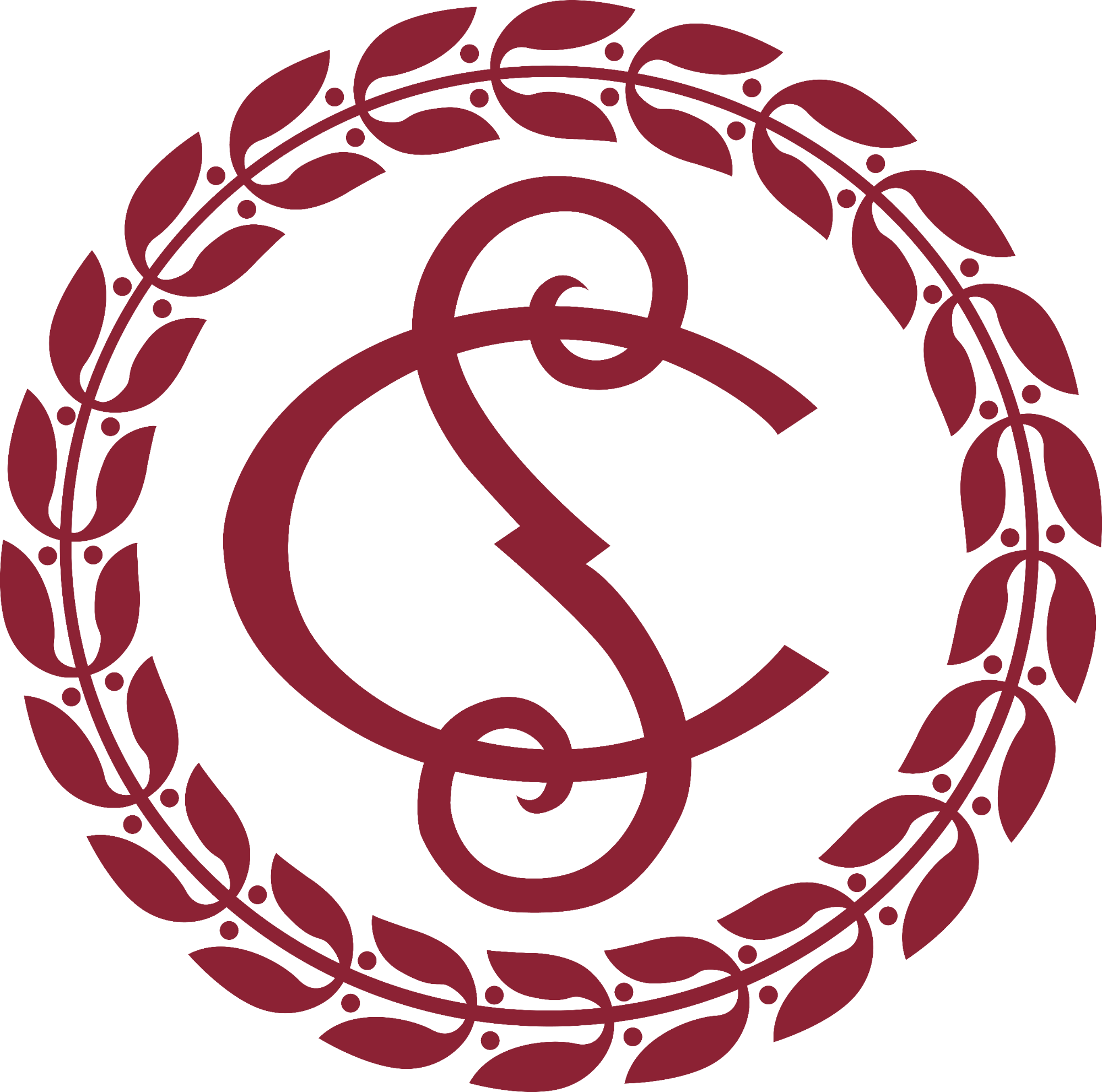Case in Brief
Cases in Brief are short summaries of the Court’s written decisions drafted in plain language. They are prepared by communications staff of the Supreme Court of Canada. They do not form part of the Court’s reasons for judgment and are not for use in legal proceedings.

B.E.M. v. His Majesty the King
Additional information
- See full decision
- Date: December 8, 2023
- Neutral citation: 2023 SCC 32
-
Breakdown of the decision:
- Unanimous: The Court dismissed the appeal (Justices Karakatsanis, Côté, Martin, Kasirer and Moreau heard the appeal).
- On appeal from the Court of Appeal of Alberta
- Case information (40221)
- Webcast of hearing (40221)
-
Lower court rulings:
- Decision (Court of Queen’s Bench of Alberta) (unreported)
- Appeal (Court of Appeal of Alberta)
Case summary
The Supreme Court confirms that a criminal trial was fair despite the Crown’s improper arguments to the jury
This case is about whether a criminal trial was rendered unfair by the trial judge’s failure to instruct the jury to ignore improper arguments made by Crown counsel on matters that were not in evidence.
B.E.M., whose name cannot be disclosed due to a publication ban protecting the victim, was convicted by jury of historical sexual assault and sexual interference offences against his stepdaughter between 1995 and 1997, when she was between 13 and 15 years old.
The only two witnesses at the trial were the complainant and B.E.M., who denied the offences. The credibility of the complainant was a key issue during the trial. The prosecutor argued that despite some vagueness in her memory, her evidence was fundamentally believable. In his closing arguments, he offered a personal anecdote about a memory he had of sustaining head injuries after slipping in a shower on a camping trip when he was in grade two or three. He explained how his experience could help demonstrate that the complainant’s evidence was reliable: “My memory has been sort of shifted but fundamentally the truth of the experience – the core of the experience is persistent. Remains the same throughout. And I think that’s what’s happening here.” The trial judge did not address whether it was improper for the Crown to provide personal experience about how memory works.
B.E.M. appealed his conviction to the Court of Appeal of Alberta. He argued that the Crown’s personal anecdote was not based on evidence presented at trial and that the trial judge’s failure to tell the jury to ignore those arguments resulted in an unfair trial.
A majority of judges at the Court of Appeal dismissed B.E.M.’s appeal. They considered four factors to determine whether the Crown’s comments rendered the trial unfair: the seriousness of the improper comments; the context in which they were made; whether defence counsel objected to them (they did not); and any remedial steps taken by the trial judge after the address or in the instructions to the jury. The judges acknowledged that the Crown’s anecdote in closing arguments was improper. However, they concluded there was no risk that it resulted in trial unfairness. The anecdote was “folksy” rather than disrespectful, exaggerated or inflammatory. The judges said that arguments on the workings of human memory were entirely appropriate, and that it was a topic on which the jury was expected to apply its life experience.
The dissenting judge would have allowed B.E.M.’s appeal. In her view, the Crown’s closing arguments to the jury were not egregious but were on the key issue of credibility. Given the importance of this issue to the outcome of the trial, she found the trial judge’s failure to provide a specific limiting instruction to the jury – in other words, a caution against misusing the Crown’s anecdote – made the trial unfair.
B.E.M. appealed to the Supreme Court of Canada.
The Supreme Court dismissed the appeal.
As a result, B.E.M.’s conviction is upheld.
Justice Kasirer read the judgment of the Court. You can watch a recording of it here.
A print version of the judgment that was read out will be available here once finalized.
